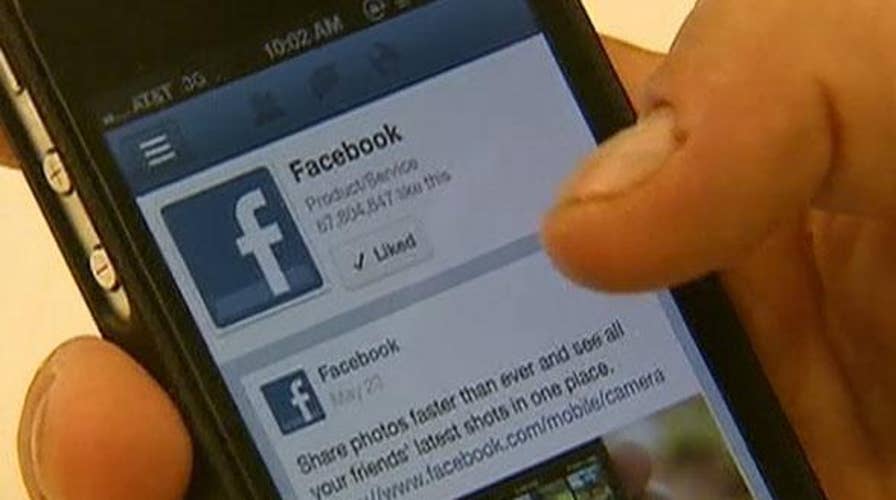Facebook's massive data breach
Brett Larson provides insight to Facebook's major data breach where information for 267 million users was leaked online
Teen Vogue apologized Wednesday after publishing a now-deleted article about Facebook’s attempts to help ensure the integrity of the 2020 presidential election that read like pro-tech giant propaganda, and turned out to be an elaborate paid advertisement.
The article was eventually determined to be “sponsored editorial content,” but initially appeared to simply be an ultra-friendly interview with five Facebook executives who discussed the company’s plans to avoid spreading misinformation on the platform.
The New York Times published a screenshot of the controversial article that was eventually removed from the Internet altogether.
“It had no byline and a glowing tone. Not long after it was posted, a line appeared, in italics, at the top of the story to signal that it was a paid advertisement,” the Times reported. “Soon after, the ‘sponsored editorial content’ label disappeared. And then, the article itself vanished.”
The article was widely condemned on social media and the magazine eventually apologized for the gaffe, saying it should have been labeled as a paid advertisement all along.
“We made a series of errors labeling this piece, and we apologize for any confusion this may have caused. We don’t take our audience’s trust for granted, and ultimately decided that the piece should be taken down entirely to avoid further confusion,” a spokesperson for Teen Vogue parent Condé Nast told Fox News.

Teen Vogue apologized Wednesday after publishing a now-deleted article about Facebook’s attempts to help ensure the integrity of the 2020 presidential election.
CLICK HERE TO GET THE FOX NEWS APP
The pro-Facebook article was quickly noticed by critics who felt something was odd about the story. Reporter Steven Perlberg joked that it was an “interesting pivot” for Teen Vogue to handle the tech giant’s public relations. Facebook COO Sheryl Sandberg even shared the article before it was removed.
“We had a paid partnership with Teen Vogue related to their women’s summit, which included sponsored content,” Facebook said in a statement to the Times. “Our team understood this story was purely editorial, but there was a misunderstanding.”
Teen Vogue’s website was back to normal on Thursday, with stories about Rihanna posting a makeup-free selfie and World War 3 memes not being funny, but the criticism of the situation continued:









































